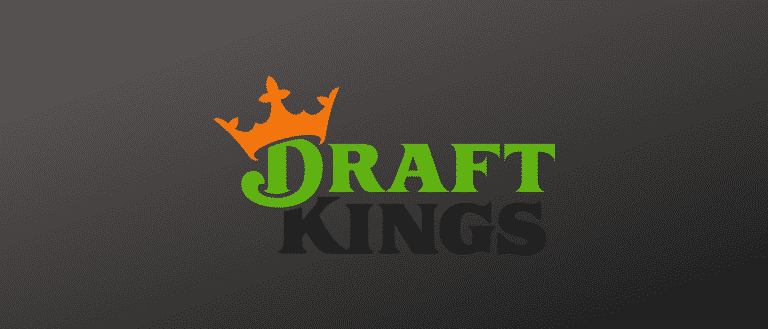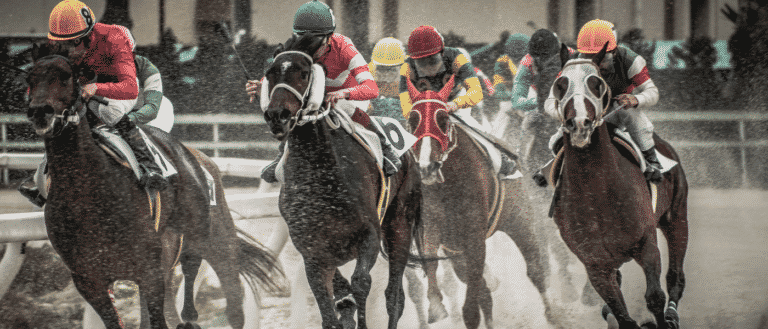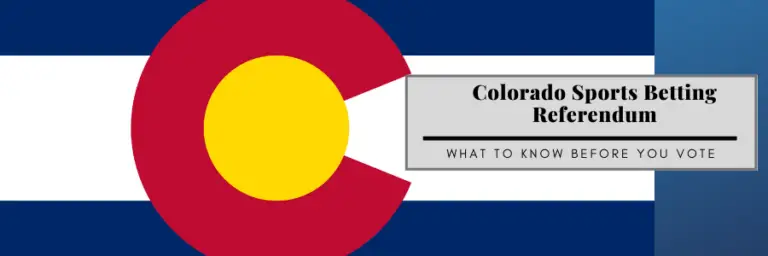NFL Sports Betting Advertising: How Much Is Too Much?

Now that the NFL has fully embraced US sports betting, players see ad after ad online or while watching games. Major operators like DraftKings and BetMGM have spent millions to push their products in the hopes that players choose their services over competitors. Just this past weekend, operators spent over $21 million on 90 advertising units within NFL games.
NBC, Fox, and CBS aired the spots, with most of the ads running during Thursday Night and Sunday Night Football. FanDuel presented the most ads with 42 spots within NFL games. FanDuel, DraftKings, and Caesars Entertainment are the NFL’s official sponsors that are free to provide advertisements, though other operators can purchase advertising spots.
Sports Betting Ads Enter the Fray
It is not uncommon to see insurance and beer commercials during NFL games as major companies promote their products. For years, Geico and Progressive have led the way with advertising during professional football games. But now, we are entering a new era where sports betting takes center stage and gambling ads are boosting tv revenue.
The more than on sports betting commercials is only the beginning. Over the next few weeks, the number of commercials and money spent should continue to increase. Currently, networks are allowed to run as many as six gambling ads per game. It is unclear if this limit will change over time due to more ad space needed per gambling brand or other reasoning.
As sports betting gains momentum in other states, sports fans will start to see even more advertising in their area. Even in states where sports betting is illegal, the ads appear during games.
Will the NFL start to see a more significant number of viewers due to the connection with sports betting? Thanks to the influx of sports betting ads, will players be more willing to tune in and even attend games? The ads remind fans of betting options during NFL games as well as within pre-game and post-gaming programming.
Networks such as ESPN feature gambling-focused programs, and new content constantly appears in various sectors, including radio and podcasts. With so much talk about sports betting during the NFL season, it is sure to boost an increase in viewership and bets placed. But how much is too much?
Dos and Don’ts of Gambling Advertising
On September 13, iDEA and GeoComply hosted a webinar series titled The summit saw several participants exploring the online gambling and sports betting industry when it comes to the aspects of advertising.
The panel discussed many vital points involving advertising, including how advertisers can avoid oversaturation and the best practices that online gaming companies should keep in mind when it comes to marketing. Oversaturation could be a big issue as more brands compete for advertising spots on television and ads placed on the radio and online.
Taking part was David Rebuck, the New Jersey Division of Gaming Enforcement Director. During the webinar, Rebuck spoke about the level of advertising in the market today and the responsibility element connected to operators. The Director said that NJ would be keeping a close eye on ads in the state, and license holders need to ensure that the marketing staff does not operate unchecked.
Rebuck pointed out that regulators are focused on who the ads appeal to. New Jersey regulators are focused on protecting the underage crowd, those under 21, and at-risk, compulsive gambling individuals.
The Director recommended that gaming industry operators and marketers use focus groups and responsible gaming groups to gain guidance and opinions to help to create content that is not attractive to compulsive gamblers. This can also apply to individuals under the age of 21.
New Jersey has specific laws regarding gambling advertising that operators must follow, or they are considered non-compliant. Rebuck pointed out that the Garden State has more responsible gambling features in place than other US states. The Director commented on the standards in NJ by stating:
“If you are advertising in New Jersey, you better have those standards in play.”
Will Limitations Come in the Future?
Operators must follow specific laws for all gambling advertisements in the US, including consumer protections and gambling responsibility. Currently, the United States does not restrict sports betting ads as other countries do.
In the United Kingdom, there is a whistle-to-whistle on sports betting ads during sports games. Officials created the policy to cut down on the number of gambling ads that children see. A similar ban has been instituted in Ireland as well, providing a form of protection for children that watch sports games.
YouTube allows users to opt-out of gambling ads, something we’d like to see more networks allow for – especially if children have access to the content.
If ads continue to fill the airways in the US, will a similar ban occur? This remains to be seen. However, if oversaturation starts to creep in and opponents of sports betting or child protection agencies feel the need to show opposition to ads, it would not be surprising to see an effort to limit daytime sports betting ads or at least cut down on the number of ads placed during specific sports games at certain times. It is certainly something to consider and watch for in the future as sports betting continues to grow in the US.
Sadonna brings creativity and knowledge to create quality gambling industry news coverage. The gambling landscape is constantly changing and Sadonna stays on top of the latest developments, good and bad. Sadonna plays a vital role at ycgts.shop in providing current updates with fully-researched news pieces.







